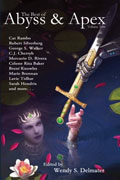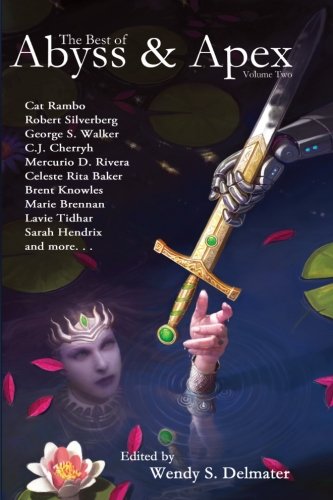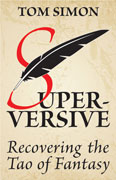Just now, I happened to be within earshot of a radio loudly playing an ‘oldies’ station; and, as is liable to happen on such occasions, I heard a familiar old song for about the ten thousandth time. And as is also liable to happen, I had never before paid much attention to the lyrics; partly because they were sung in a screeching nasal falsetto, hard to distinguish, and partly because they are not really meant to draw one’s attention. They are merely mouth noises to carry the tune, and the tune is merely a noise to tell the stridently funky disco band when to change key. And that is merely the signal for people on the dance floor to do bad John Travolta impersonations.
But this time I did pay attention; and with a little help from the Internet (that infallible source of nothing but petrified truth), I deciphered them at last. Now I know what the Banshee Guys were actually singing about. I think that was the name of the vocal group; it was either that or Banana Grinders; but it is hard to recover the information at this late date in history, for they had a stubborn habit of using only the initials B. G. At any rate, here are the words, as reconstructed by the latest techniques in the science of musical archaeology.
(Cut for mild anatomical vulgarity…)











Recent Comments